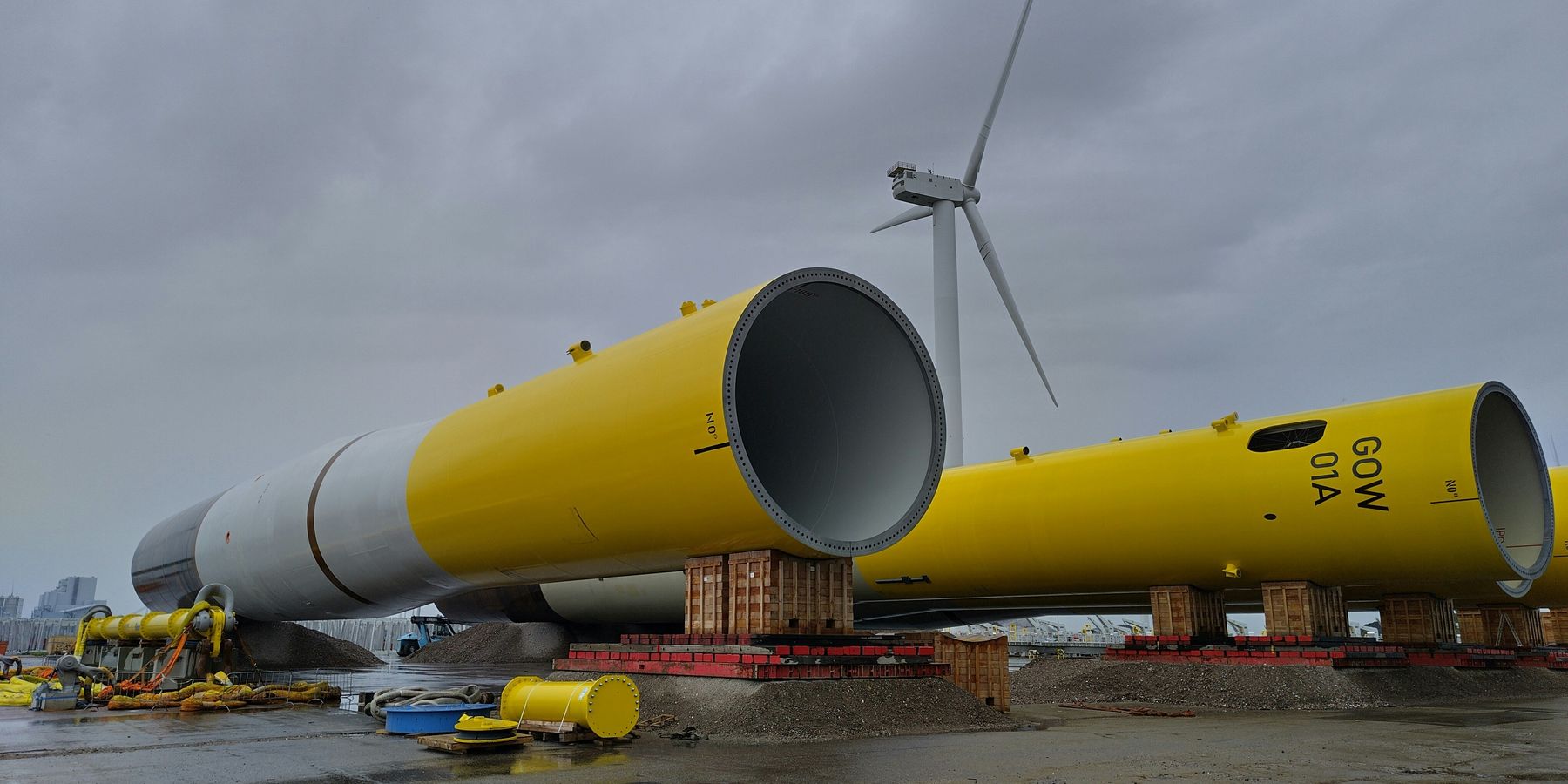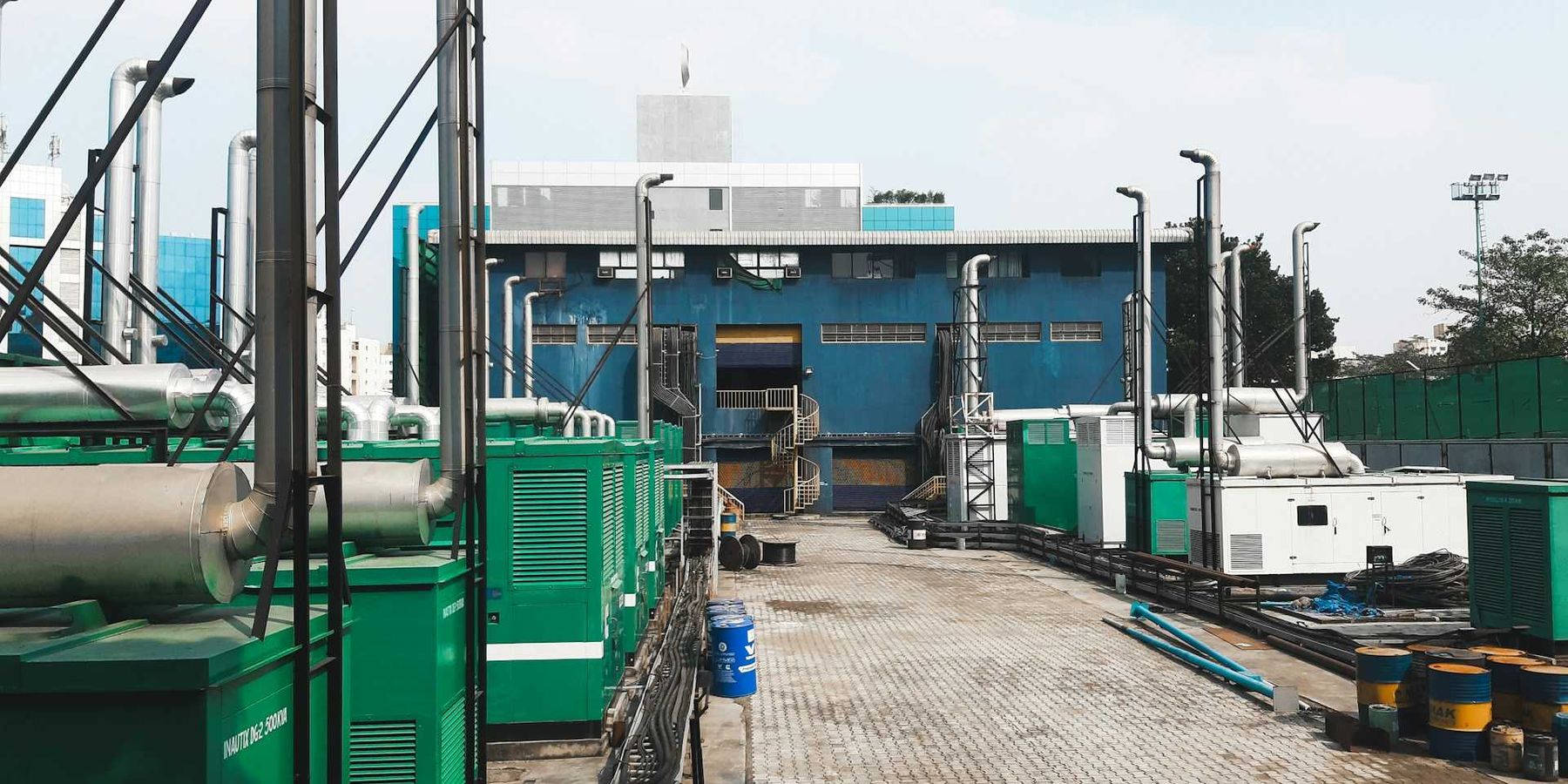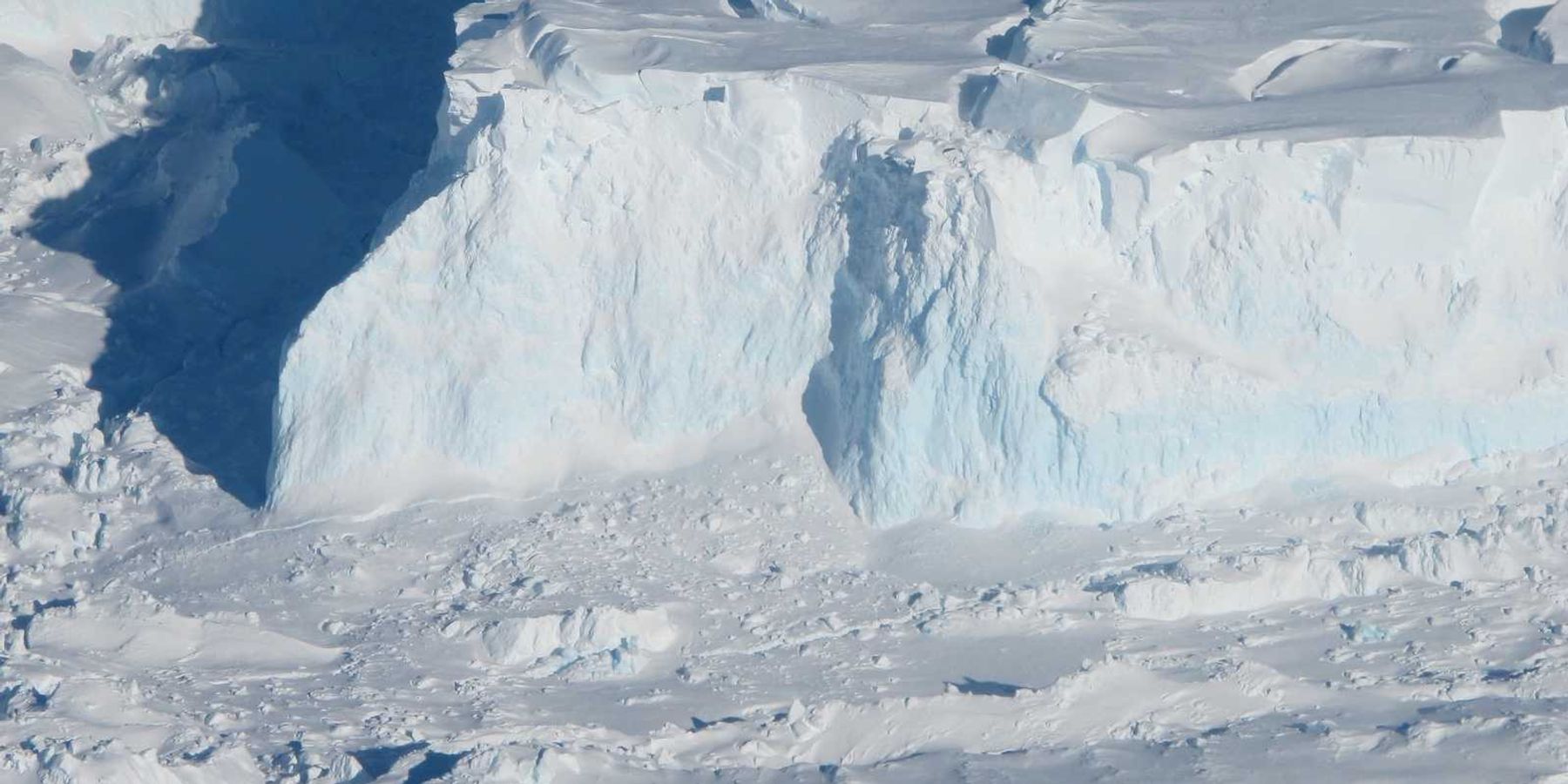Rising heat in Australia is driving an alarming increase in mental health struggles
A sharp rise in temperatures linked to climate change is projected to drive up mental health disorders across Australia, with young people facing the highest risk by 2050.
Brianna Morris-Grant reports for ABC News.
In short:
- A peer-reviewed study from the University of Adelaide projects a nearly 50% increase in the burden of mental and behavioral disorders (MBDs) by 2050 due to rising temperatures.
- The Northern Territory faces the highest relative risk, while Victoria and South Australia carry the heaviest overall burden of heat-linked mental illness.
- Other studies echo the findings, with links between rising temperatures and increased youth suicidality, prompting experts to demand mental health be included in national heat preparedness plans.
Key quote:
“From mild distress to serious conditions like schizophrenia, rising temperatures are making things harder for millions.”
— Peng Bi, lead author of the study, University of Adelaide
Why this matters:
The link between extreme heat and mental illness is gaining attention as the climate crisis escalates. Studies show rising temperatures correlate with more emergency visits for psychiatric distress, mood disorders, and even suicide — especially among young people. Adolescents and young adults, who are already at high risk of mental health issues, face an added burden as climate instability disrupts routines, displaces communities, and fuels anxiety about the future. Despite growing evidence, mental health is still rarely integrated into climate adaptation plans.
Related EHN coverage: One of the most overlooked consequences of climate change? Our mental health













